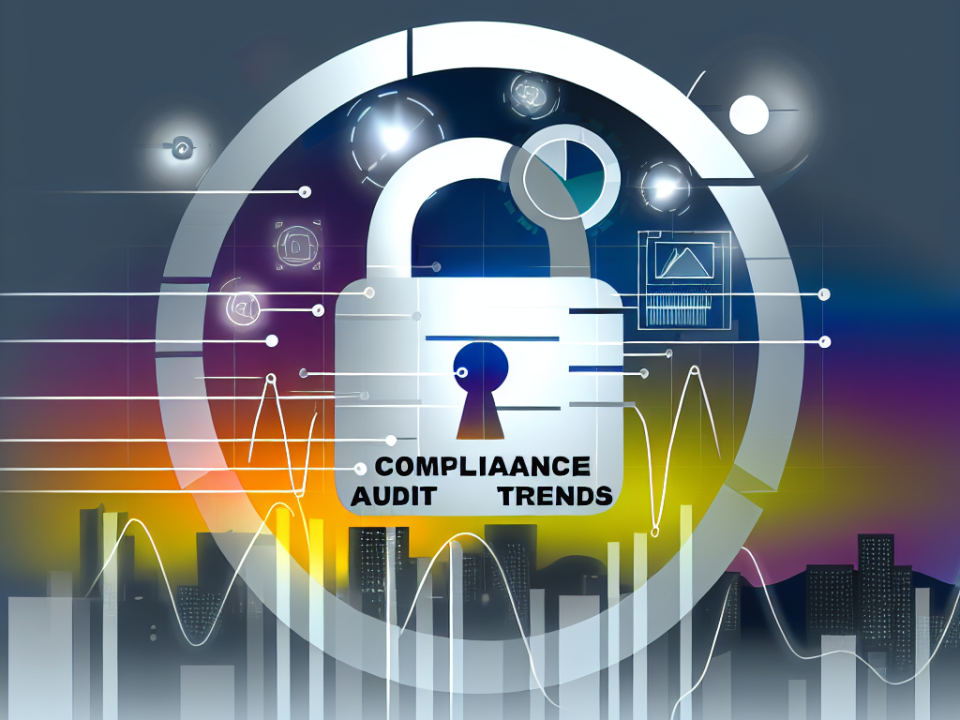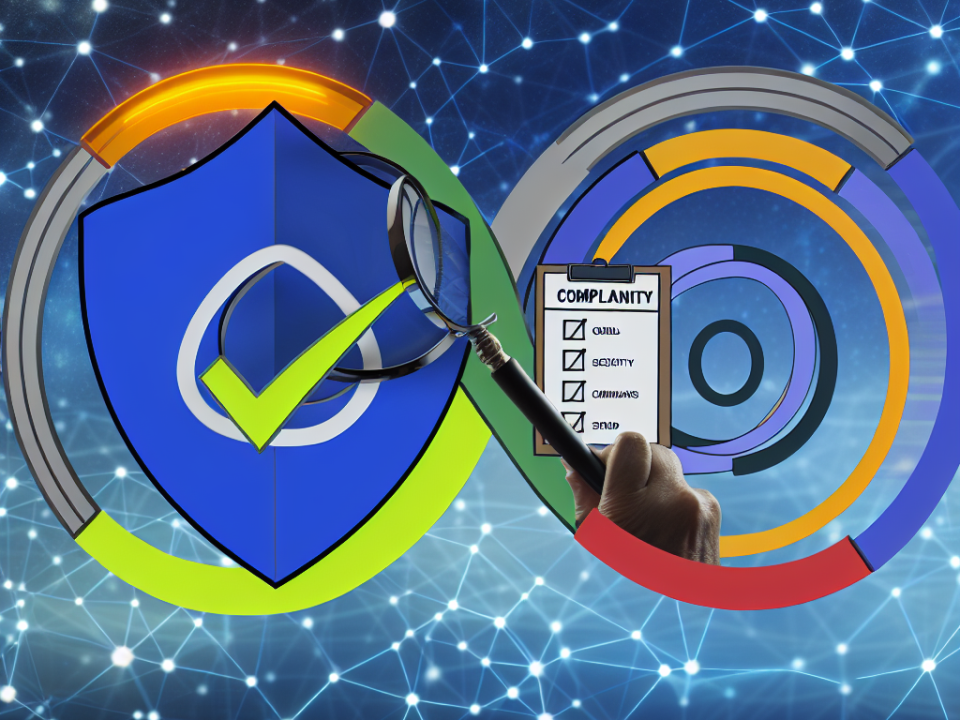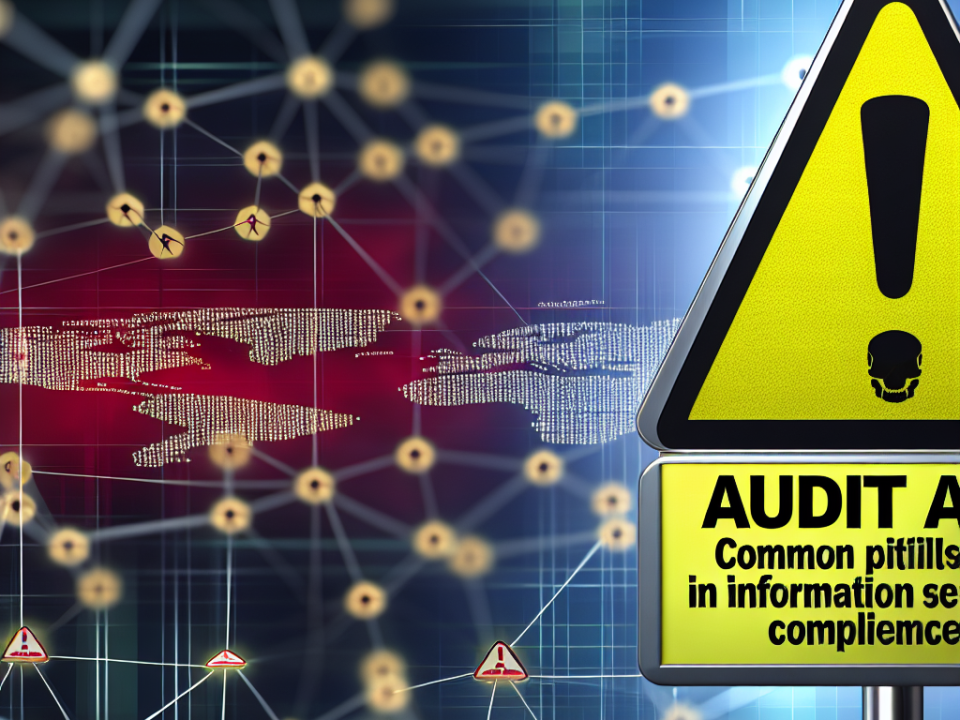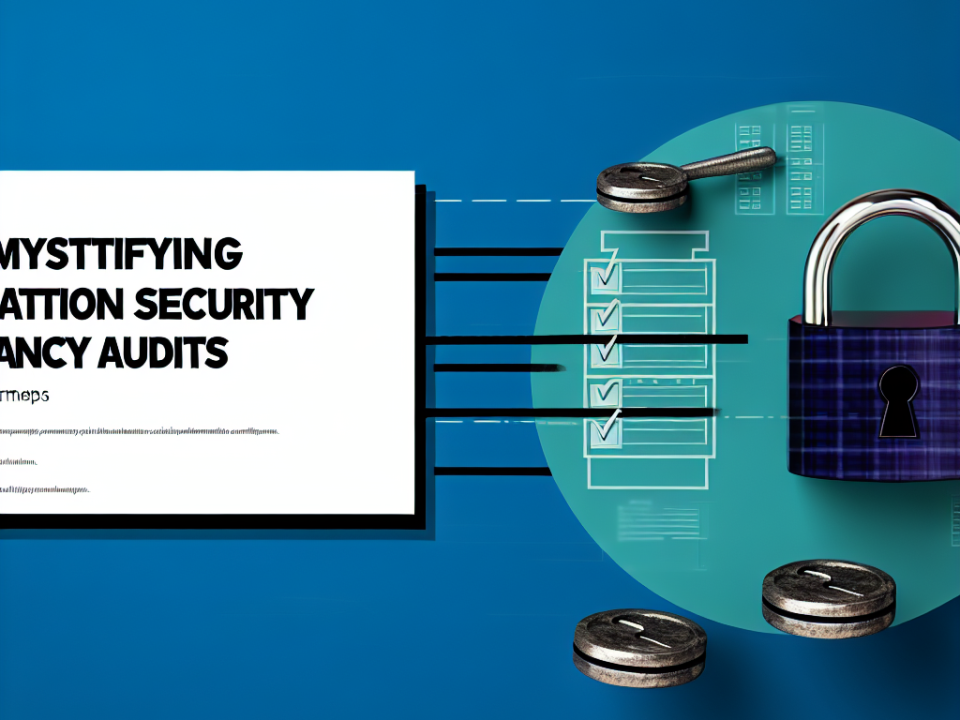
Are You Compliant? A Step-by-Step Cybersecurity Checklist for Organizations
July 12, 2025
Cybersecurity Compliance Made Simple: Your Go-To Checklist for Success
July 13, 2025
In today’s digital landscape, organizations face increasing demands for compliance with various industry standards. These standards not only aim to protect consumer data but also help organizations build trust and credibility. Navigating these regulations can be complex, especially for businesses processing sensitive information. In this article, we will explore some of the most critical industry standards, including PCI-DSS and HIPAA, and provide insights into what they entail and their significance.
Understanding Industry Standards
Industry standards are defined rules or guidelines that ensure best practices are followed in terms of security, privacy, and operational processes. Compliance not only averts legal repercussions but also enhances an organization’s reputation among stakeholders. Here are two pivotal standards:
1. PCI-DSS (Payment Card Industry Data Security Standard)
Overview:
The PCI-DSS is a set of security standards designed to ensure that all companies processing, storing, or transmitting credit card information maintain a secure environment. Established by the Payment Card Industry Security Standards Council, it encompasses a comprehensive range of security measures.
Key Requirements:
- Build and Maintain a Secure Network: Organizations must install and maintain a firewall configuration, as well as avoid using vendor-supplied defaults for system passwords and other security parameters.
- Protect Cardholder Data: Encryption and tokenization must be utilized to safeguard cardholder data stored and transmitted across networks.
- Maintain a Vulnerability Management Program: Regularly update anti-virus software, and develop secure systems and applications.
- Implement Strong Access Control Measures: Limit access to cardholder data to those whose job requires it and routinely track and monitor all access to network resources and cardholder data.
- Regularly Monitor and Test Networks: Conduct penetration testing and vulnerability scans to identify weaknesses in the network.
- Maintain an Information Security Policy: Document comprehensive security policies that address the security requirements throughout your organization.
Significance:
Compliance with PCI-DSS helps prevent data breaches that can lead to financial losses and diminish consumer trust. Non-compliance can result in hefty fines and penalties, along with damage to the organization’s reputation.
2. HIPAA (Health Insurance Portability and Accountability Act)
Overview:
HIPAA is a federal law that protects sensitive patient health information from being disclosed without the patient’s consent or knowledge. It applies to healthcare providers, plans, and business associates that handle Protected Health Information (PHI).
Key Components:
- Privacy Rule: Establishes standards for the protection of PHI and grants patients rights over their health information.
- Security Rule: Sets rules for safeguarding electronic PHI (ePHI), including requirements for physical security, technical security, and administrative safeguards.
- Breach Notification Rule: Mandates that covered entities notify affected individuals, the Secretary of Health and Human Services, and, in some cases, the media of a breach of unsecured PHI.
Significance:
HIPAA compliance is critical for protecting patient rights and maintaining trust in healthcare services. Violations can lead to severe penalties, including fines and potential criminal charges, which can harm an organization’s financial standing and trustworthiness.
Other Notable Standards
-
GDPR (General Data Protection Regulation): A regulation in EU law on data protection and privacy. It provides guidelines for the collection and processing of personal information, significantly influencing how businesses handle data globally.
-
SOX (Sarbanes-Oxley Act): A U.S. law aimed at protecting investors from fraudulent financial reporting by corporations. It mandates strict reforms to improve financial disclosures and prevent corporate fraud.
- NIST (National Institute of Standards and Technology) Cybersecurity Framework: This framework helps organizations manage and reduce cybersecurity risk. It is widely adopted across various sectors to enhance security practices.
Conclusion
Navigating industry standards like PCI-DSS, HIPAA, and others is crucial for organizations operating in today’s data-driven environment. Compliance not only ensures legal safety but also fosters trust and demonstrates a commitment to protecting sensitive information. As regulations continue to evolve, organizations need to stay informed and proactive in their compliance efforts, embracing best practices to secure their data and enhance their reputation in the marketplace. By prioritizing these standards, businesses can pave the way for success and resilience in an increasingly complex digital world.







